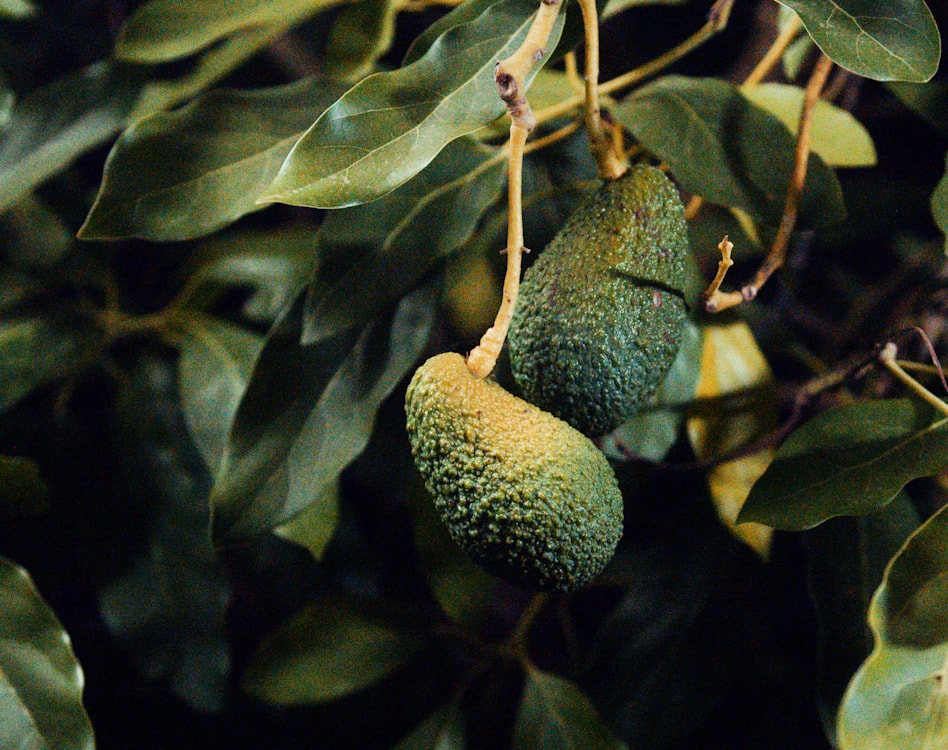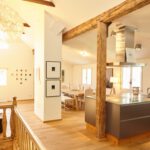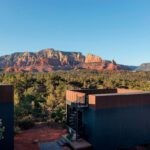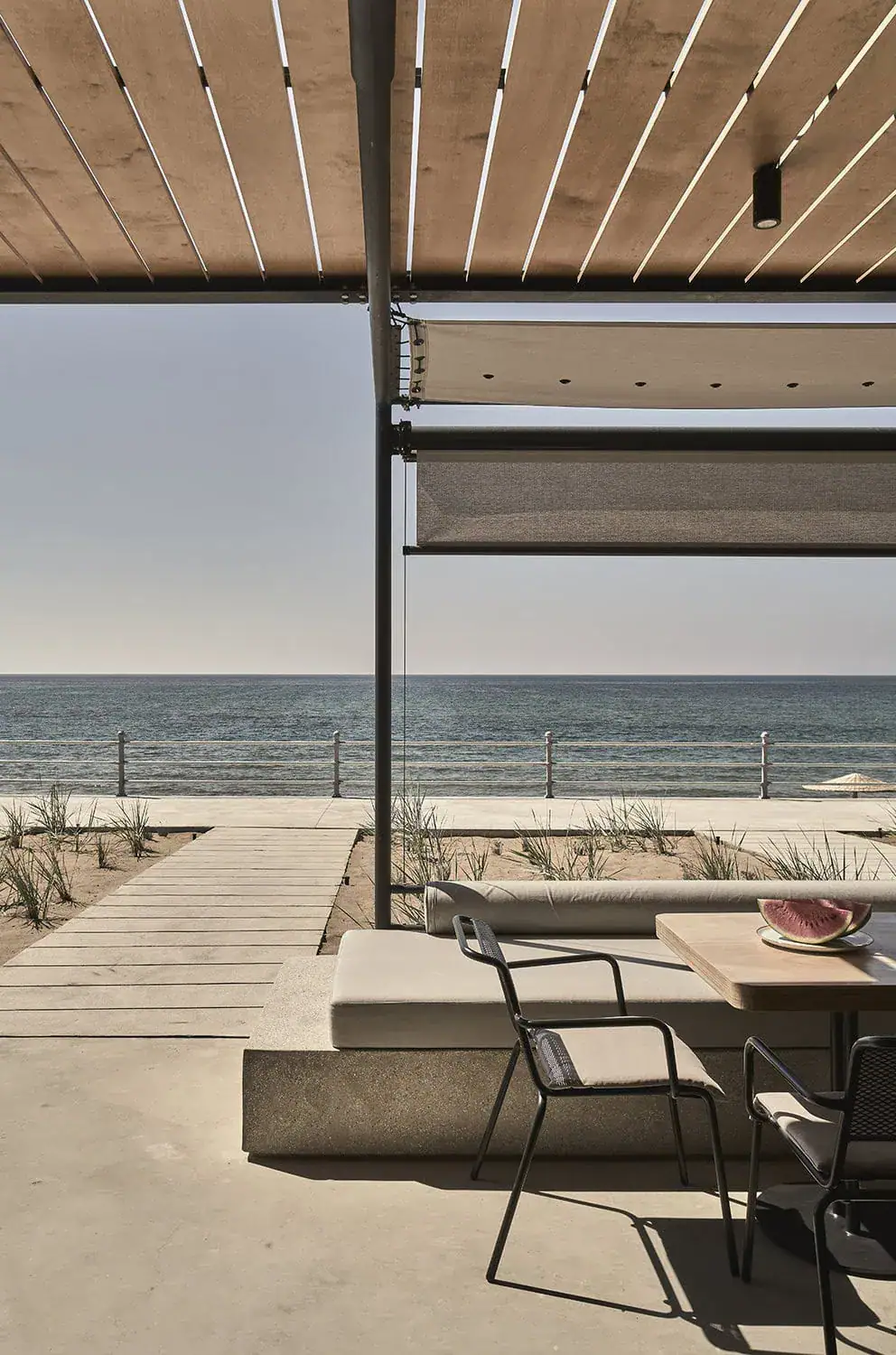Serdar Kutucu, an innovation expert with an affinity for design, tells us about the slow attitude to life, why it’s often best to go deeper rather than faster, and what he associates with nagomi.
What is the effect of discovering slowness on people?
The question is: what actually is slowness? When we talk about the meaning of “Slow”, we’re referring to a metaphorical meaning and it’s not about speed, rather it’s about an attitude to life. Our inspiration comes from places such as the Slow Food movement, which was founded over 30 years ago in Italy. One of the milestones was when McDonald’s was planning to open a restaurant in the historic centre of Rome and Carlo Petrini started a protest. The protest was standing up for regionality, locality and sustainability – consciously and empathetically. Slow stands for the same things – for a more conscious life and for the consideration of the implication of our actions. Our life in the current times is a very automated process. In a constant race, a hamster wheel. Many people just don’t know any more why they’re doing what they’re doing. The philosophy behind Slow is simply to do things at the right time, to act for the long term and not find quick short-term solutions. Every person can find meaning in life if they consciously accept all the things and occurrences they’re confronted with in life – both the good and the bad. That’s how you’ll find more meaning for your own life.
What is the vision and what are the values of Slow?
Our vision is to keep pushing forward with this philosophy for living. That’s why we’re developing our own locations where you can experience it. They’re not classic hotels, they’re concepts in the form of residences, offices, studios, etc. Every one of our spaces always has a type of temple where we can preserve and share our message. Through our architecture and design, we don’t just want to create exceptional places, we want to really bring them to life and fill them with our message. We don’t want people to have just short-term experiences – instead, we want to develop places where we can share our philosophy with other people through programmes, training and knowledge. It’s a bit like meeting up with good friends. We want to build something over the long term and that might even last forever. If you can even say that kind of thing.
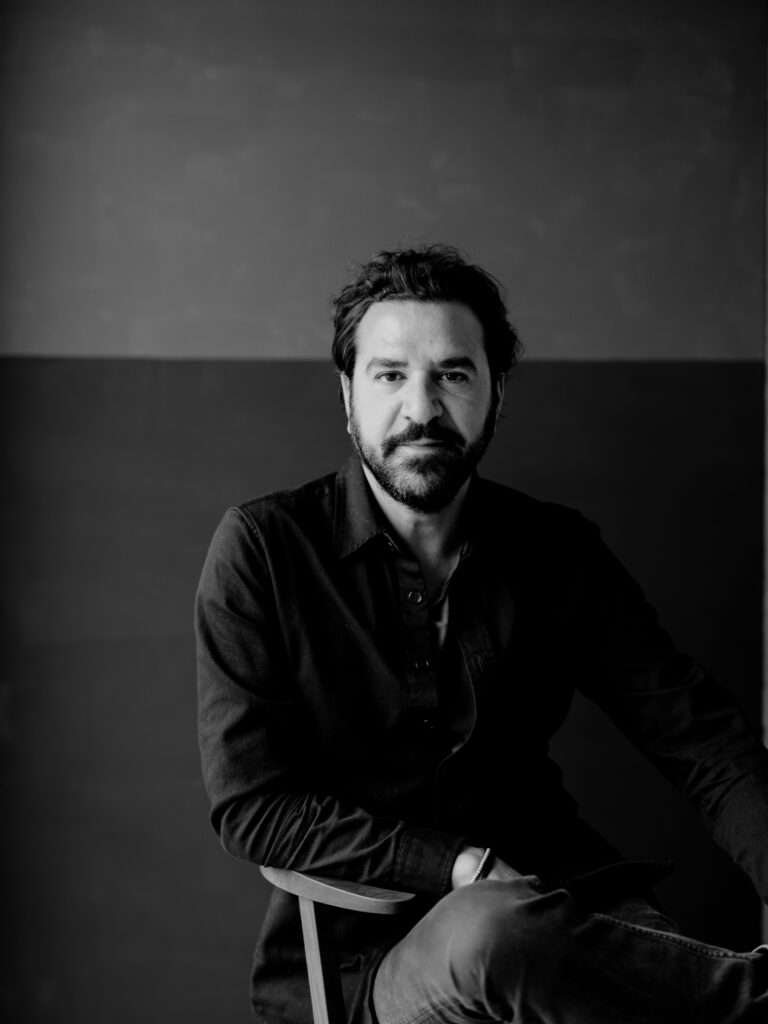
What does a place need to have to fulfil your holistic requirements?
It’s important to us that the places reflect their origins. We reclaim these kinds of places either according to their original use or adapt them to suit the destination. We want to connect with the places and therefore also be immersed in the world of Slow.
In your opinion, what are people looking for and can they find it with you?
I think that people are generally looking for more meaning in life. The result of that is the quest for a certain sense of belonging, because everyone is looking for a family beyond their family – a community, perhaps. The people in our community have various professions, various backgrounds, genders, ages. What connects them is their mindset, curiosity, values and attitude to life. Our environment is very people-oriented. Those who join our environment also want to travel the path together.
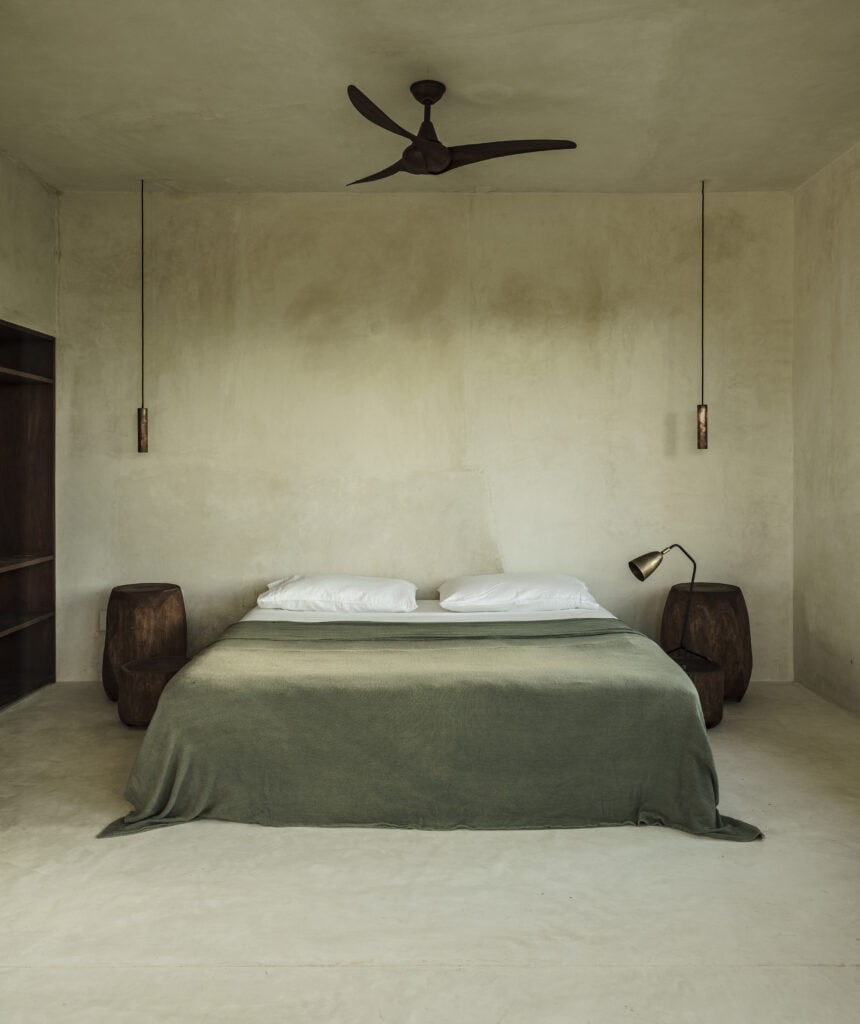
What are you working on at the moment? What’s in development?
We’re still mostly working between Germany and Portugal. 45 minutes to the south of Lisbon, right on the Atlantic coast, we’re redeveloping a former farm with 120 hectares of land where we want to set up an organic farming civilisation. We’ve also launched a programme this year: Community Supported Agriculture (CSA), through which we can supply up to 100 families per week with vegetables, fruit and even flowers from our farm. In terms of accommodation, we’re planning 48 units, a mix of rooms, suites and cabins, and later on around 40 independent houses – with the intention that the buyers will live there all the time too. We want to build galleries, studios, concept stores and a farm shop and thereby create our own ecosystem. Yet still close to the city. That means it’s a mix of hospitality, working, tourism and private living. We have a companion site right in the city of Lisbon with a guesthouse. That’s our culture salon. In tandem with that, we’ve taken over a surf club with a restaurant right on São João Caparica beach. Back in Germany, we’re starting our next big project: the creative campus in Berlin. It’s a design with overnight accommodation options, office spaces, a restaurant and community spaces. Aside from Berlin, in the Uckermark region, we’re currently developing a small castle with 15 rooms – again, the companion site to the city. Here, we’re crafting a farmers’ collective with the intention of covering our own requirements with good produce, but also of offering it to our community in Berlin. We could then potentially also put on a regular farmer’s market.
What makes a project interesting to you?
Somehow, things tend to happen naturally because you’re not really looking for them. I’m lucky enough to have a large, international network behind me. Because of that, we receive offers and enquiries, and that results in locations and projects. But of course, you do have to get a feel for a place, as that’s the only way to really appreciate the location, the surroundings and the neighbourhood. It’s also important to us to be present in the places. At the moment, we’re not limiting ourselves to Europe, but at the beginning it was our main focus. For us, the Slow values simply need to be brought to life and we don’t want to get lost in the big wide world.
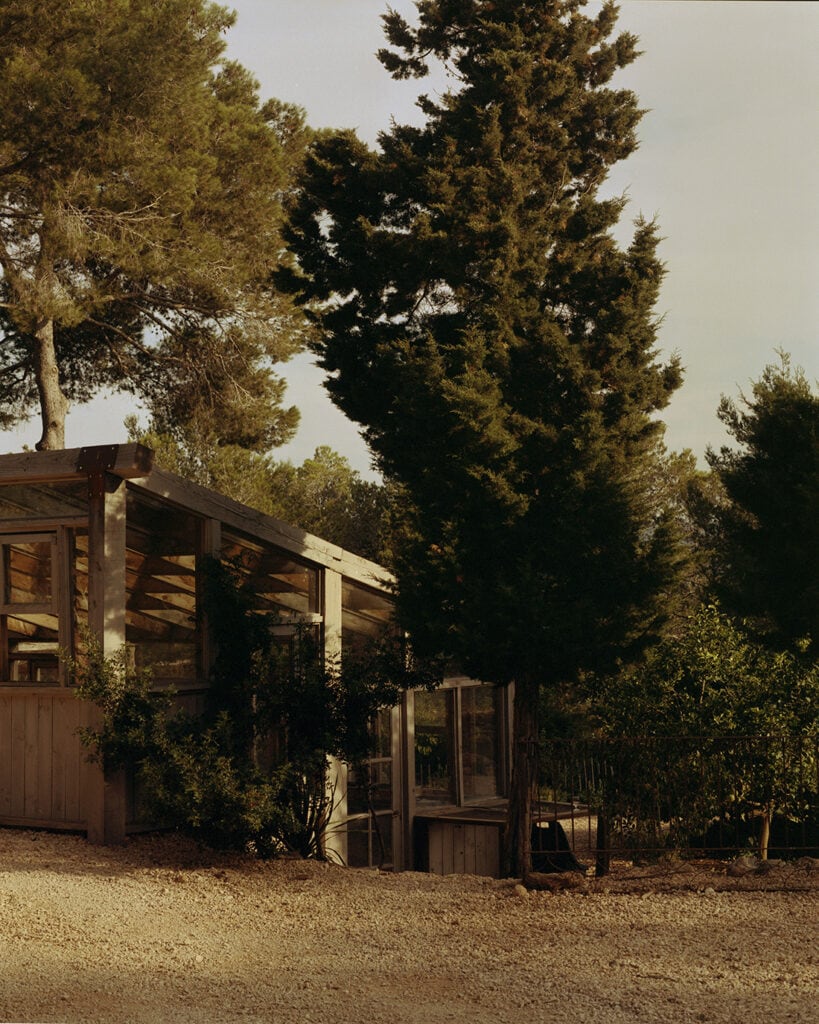
What does Slow mean to your employees? And to guests?
That’s a difficult question, as everyone has a subjective view and therefore interprets it individually. Some people, for example, can’t even get started with it, but that’s fine because we know we’re proposing a niche idea. The people that are interested in it and believe in the values and the vision experience a huge amount of motivation and passion – as do our team.
This issue of THE Stylemate is about nagomi, the Japanese path to harmony and zest for life. What do Slow and nagomi have in common?
Both of them are essential and important prerequisites for a good life. Harmony is nothing more than engaging empathetically with what’s around you, and showing consideration and responsibility. Zest for life often comes from discovering the meaning of your own life, and that’s also what our goal is – it’s better to go deeper than to go faster.
In which moments do you experience the greatest zest for life?
I think my moments of greatest zest for life are the ones in which I can share happiness and joy with others – with my wife, with friends, but also with strangers.
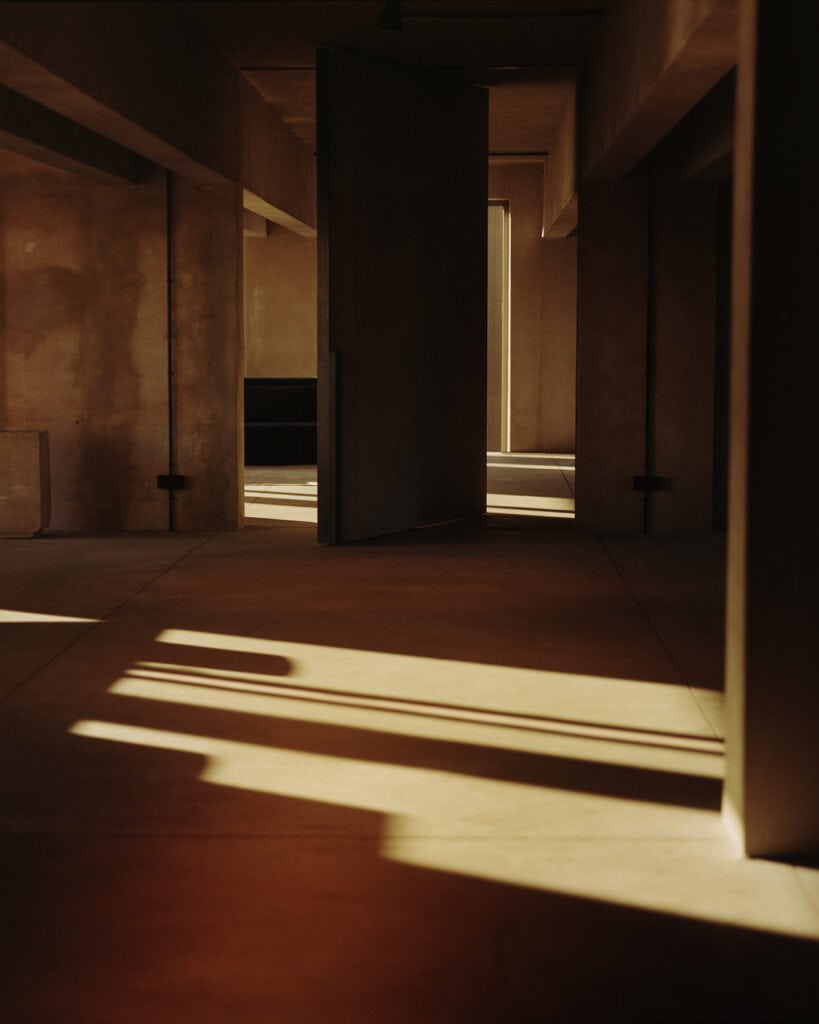
Slow Hospitality Management
Slow has been quietly unfolding since the creation in 2016 of La Granja Ibiza. The transformation of a dormant agricultural plot into a working farmstead devoted to discourse around food set the stage for a new kind of hospitality concept. Slow began to assemble a community of designers, farmers, writers, artists, artisans and architects whose work engages with slowness toward a resetting of values.



